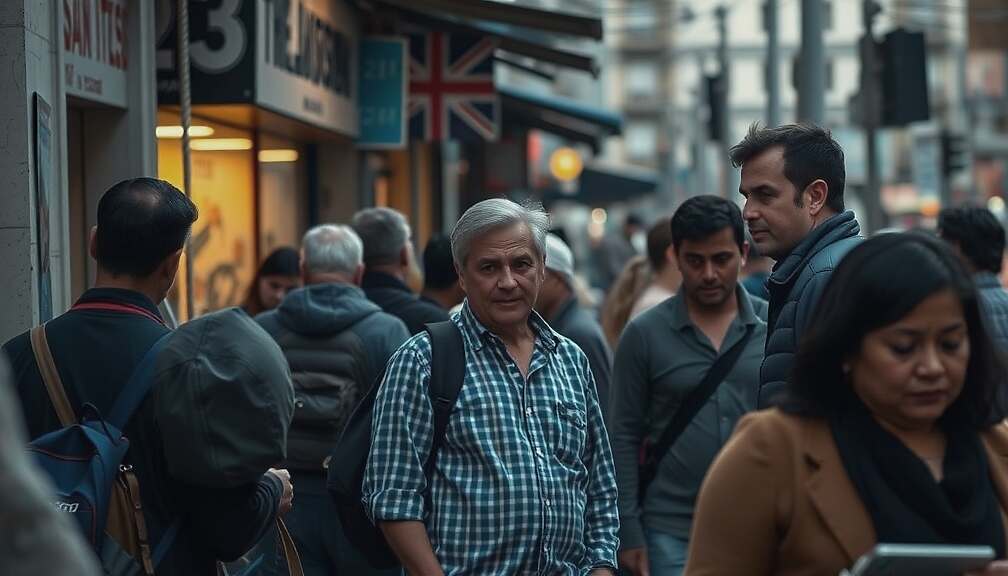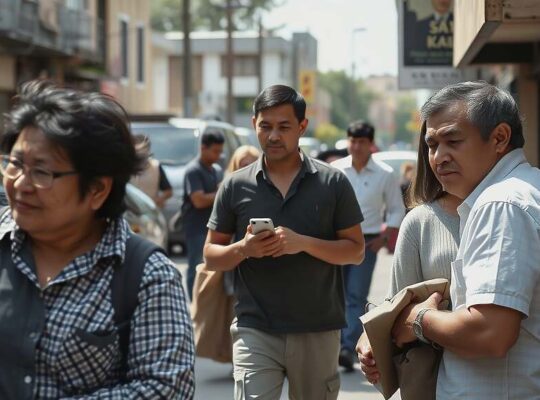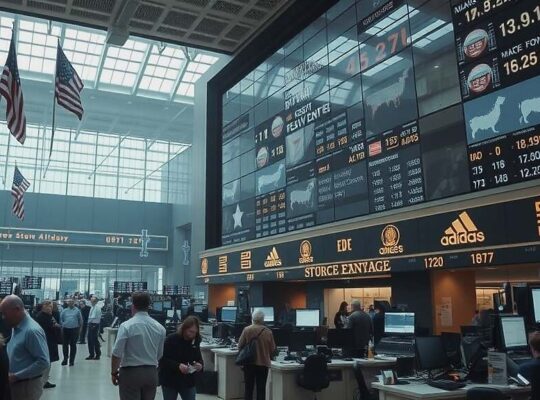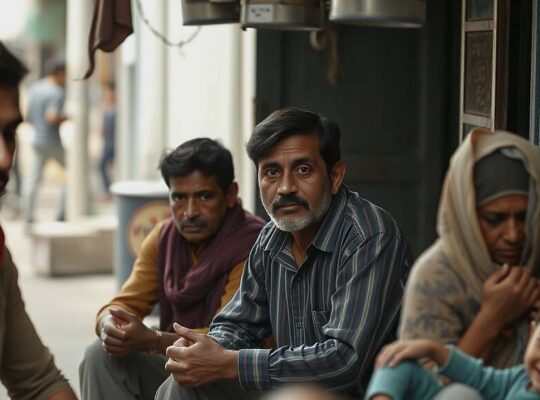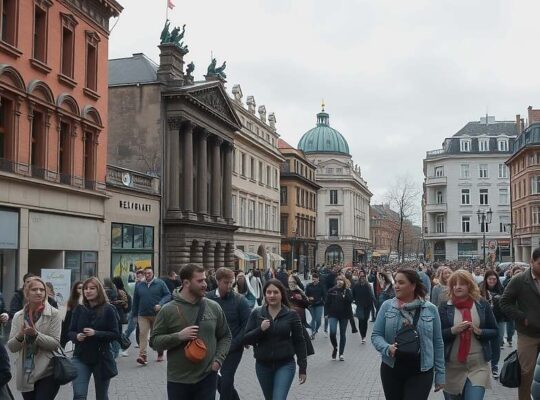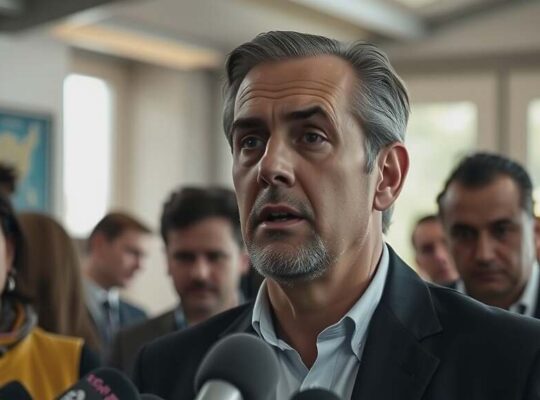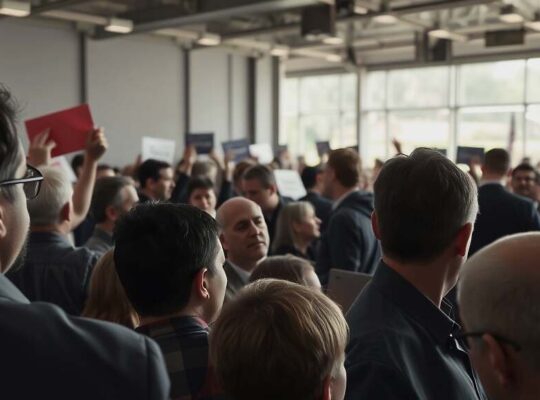The escalating cost of driver’s licenses in Germany is creating an unacceptable burden on young people and their families, according to Janine Wissler, leader of the Left party (Die Linke). Wissler’s critique comes as the federal government, under Transport Minister Volker Wissing (CDU), considers measures to alleviate the financial strain, but she argues that superficial adjustments are insufficient.
“Instead of mere symbolic gestures, a fundamental systemic shift is necessary” Wissler stated in an interview with the “Rheinische Post”. Her proposal targets a core restructuring of driver education, suggesting a move away from the current reliance on private driving schools.
Wissler’s primary recommendation involves integrating theoretical driver education into the regular school curriculum. “The acquisition of a driver’s license should no longer be solely left to private providers. The federal government must ensure that at least the theoretical component becomes part of schooling-driver education as a mandatory subject”. This, she believes, could significantly reduce the overall cost.
The debate highlights a deeper issue of accessibility and social equity. Wissler frames the exorbitant cost of a driver’s license-often exceeding €2,000-as a barrier to mobility and opportunity, effectively disadvantaging those from lower-income backgrounds. “Fair access to a driver’s license is a matter of equal opportunity” she emphasized, suggesting the current system exacerbates existing socioeconomic disparities.
Critics argue that incorporating driver education into the school system would require substantial investment in infrastructure and teacher training and potentially divert resources from other essential subjects. However, supporters contend that a publicly funded system could provide a more equitable and ultimately more cost-effective solution, while also potentially improving road safety through standardized training. The proposal is likely to fuel further debate about the role of the state in providing essential services and addressing social inequalities within the German transport sector.


